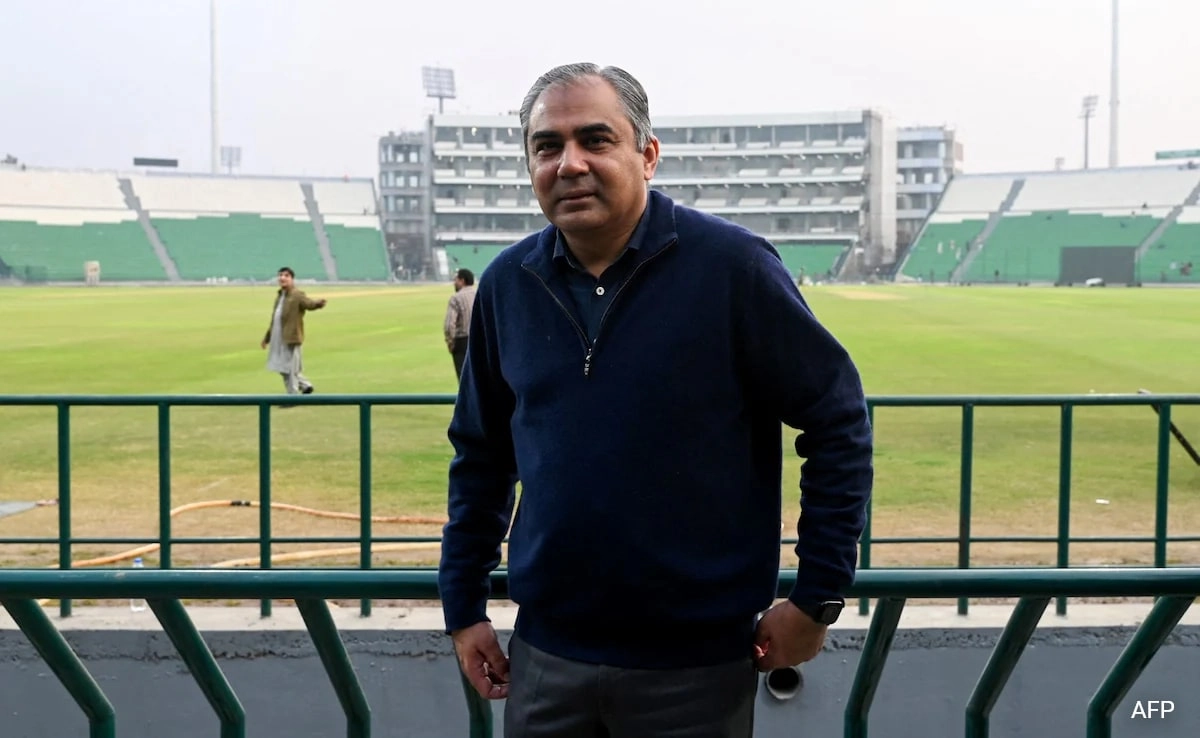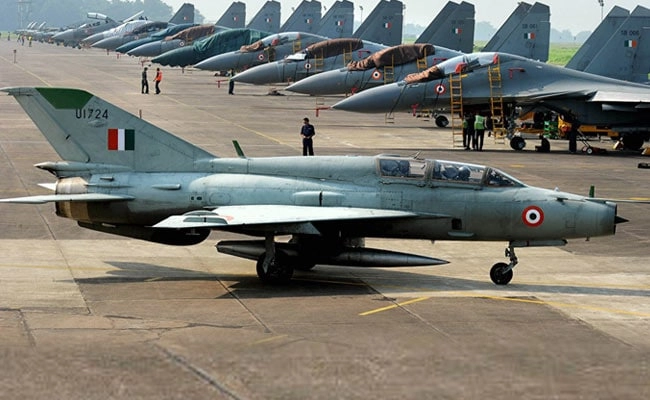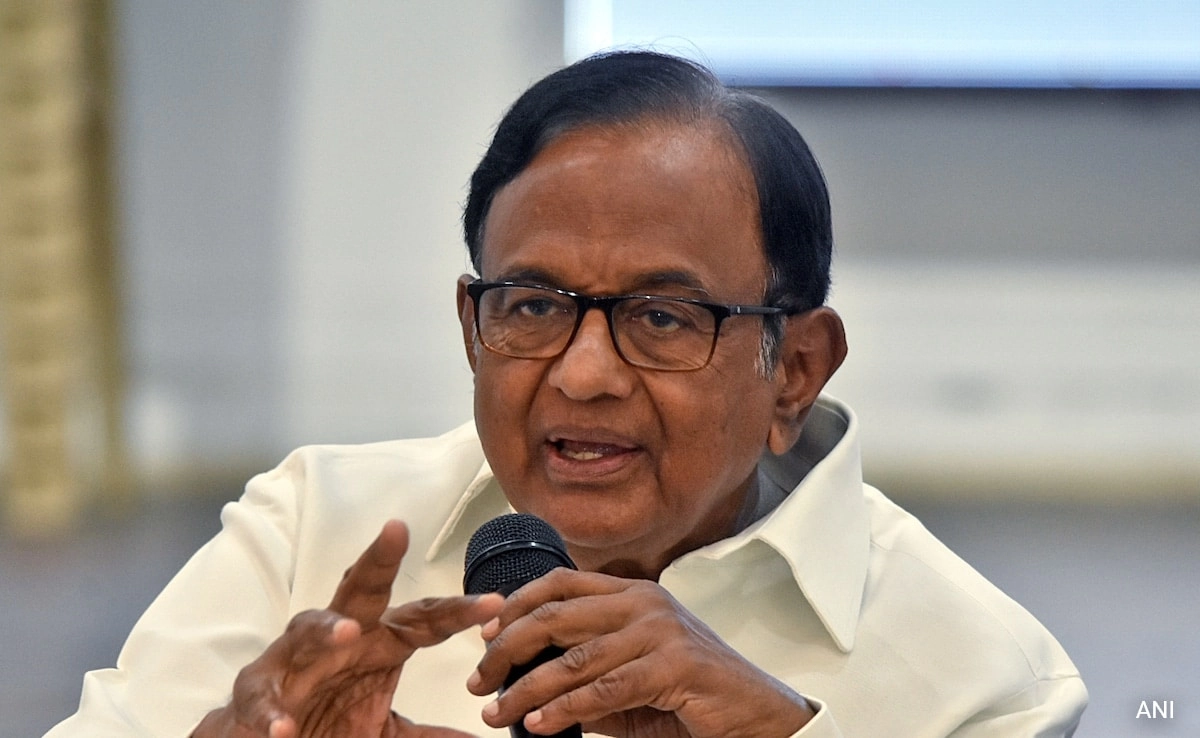In a recent display of political rivalry, a Pakistani minister has sparked controversy by refusing to congratulate India on its victory in the Asia Cup. This incident has drawn significant attention, highlighting the ongoing tensions between the two neighboring countries. The Asia Cup, a prestigious tournament in the cricketing world, often serves as a platform for fostering goodwill and sportsmanship among nations. However, this minister’s refusal to acknowledge India’s achievement has been interpreted as a reflection of deeper political animosities that persist beyond the cricket field.
This event underscores the complex relationship between India and Pakistan, marked by a history of conflict and competition that often spills into the realm of sports. Cricket, in particular, has long been a battleground for national pride, with matches between the two teams generating intense emotions from fans on both sides. While sports have the potential to bridge divides and promote camaraderie, the minister’s stance indicates a reluctance to embrace such opportunities for reconciliation. Instead of using the occasion to foster goodwill, the refusal to extend congratulations serves as a reminder of the entrenched divisions that continue to shape interactions between the two nations.
Critics have pointed out that this behavior not only undermines the spirit of sportsmanship but also reflects a broader pattern of political rhetoric that prioritizes nationalism over unity. The Asia Cup victory, which is a moment of pride for India, could have been an opportunity for Pakistan to acknowledge the achievements of its rival in a positive light. By choosing not to congratulate India, the minister has missed a chance to promote a narrative of mutual respect and recognition, which could contribute to easing tensions and fostering better relations in the future.
In conclusion, the refusal of the Pakistani minister to congratulate India on its Asia Cup win is a significant example of how political sentiments can overshadow the unifying power of sports. As cricket continues to be a source of pride for both nations, it is imperative for leaders to recognize the potential of sporting events to serve as platforms for dialogue and understanding. Rather than allowing political rivalries to dictate responses to achievements in sports, it is essential to embrace opportunities for connection that transcend borders and promote a spirit of healthy competition.




